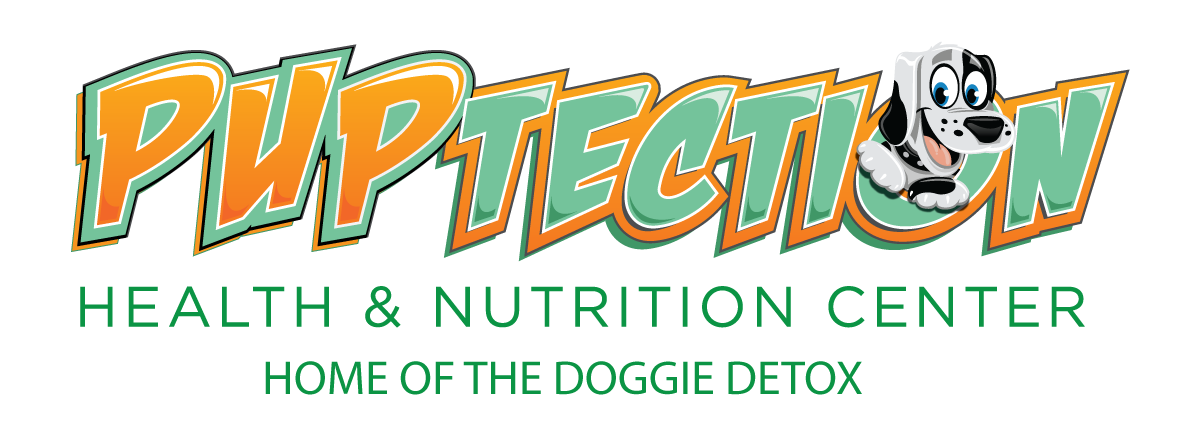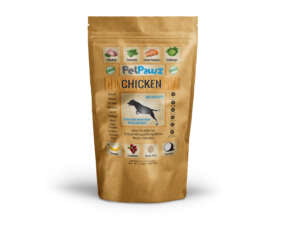

How to Strengthen the Immune System for Dogs Suffering from Cushings Disease
Understanding the Symptoms of Cushing’s Disease in Dogs
As a dog owner dealing with Cushing’s disease in dogs, I’ve learned that the symptoms can be quite subtle and develop gradually over time. It’s common for symptoms of canine Cushing’s disease to be mistaken for signs of normal aging. These symptoms can also overlap with those of other health issues, making it challenging to pinpoint the exact cause.
Symptoms of Cushing’s disease in dogs may include increased thirst and urination, changes in appetite, weight gain, and a thinning coat. Because these signs can be associated with various conditions, distinguishing them from other potential health problems can be difficult. That’s why it’s crucial to consult with your veterinarian to get a precise diagnosis and appropriate treatment plan for managing Cushing’s disease.
By staying vigilant and working closely with your vet, you can better understand and address the symptoms your dog is experiencing, ensuring they receive the best care possible.
The most common symptoms of Cushing’s disease in dogs include:
- Common symptoms of increased water consumption in dogs
- Signs of excessive urination in dogs
- Urinary accidents in previously house trained dogs
- Symptoms of excessive appetite and food stealing in dogs
- Why does my dog have a bloated, pot-bellied appearance?
- Causes of weight gain and fat redistribution in dogs
- Loss of muscle mass and weight appearance in dogs
- Symptoms of a bony, skull-like appearance in a dog’s head
- Exercise intolerance and lethargy in dogs
- New reluctance to jump in dogs: what does it mean?
- Reasons for excessive panting and seeking cool surfaces in dogs
- Symmetrical thinning hair or baldness in dogs
- Other coat changes in dogs: dullness and dryness
- Slow hair regrowth after clipping in dogs
- Thin, wrinkled, or darkly pigmented skin in dogs
- Causes of easily damaged or bruised skin in dogs
- Hard, calcified lumps in the skin of dogs: what is it?
- Susceptibility to infections in dogs: especially skin and urinary
- Diabetes and pancreatitis symptoms in dogs
- Signs of seizures in dogs
How to Prevent and Improve the Symptoms of Cushing’s Disease in Dogs
As a dog owner managing Cushing’s disease in dogs, I’ve found that preventing and improving Cushing’s disease symptoms involves focusing on natural treatments and bioavailable nutrition. To reduce toxic load and enhance your dog’s immune system and overall health, it’s best to opt for a natural diet for dogs with Cushing’s disease, such as a raw, dehydrated, or freeze-dried food regimen.
A whole food diet for dogs with Cushing’s disease emphasizes real, unprocessed foods that support overall health. Dogs with Cushing’s disease benefit from a diet rich in raw or real foods like meats, healthy fats, fruits, and vegetables. These foods naturally provide a wealth of minerals, enzymes, and vitamins that are crucial for immune system support. Unlike commercial and store-bought pet foods, these natural options contain vitamins and nutrients that haven’t been denatured or diminished through overcooking and processing.
By choosing a diet that prioritizes bioavailable nutrition for dogs with Cushing’s disease, you can help mitigate symptoms and support your dog’s overall well-being.
Why Puptection’s Dehydrated Mixes Are Effective for Cushing’s disease in dogs
As a dog owner managing Cushing’s disease in dogs, I’ve found that Puptection’s dehydrated dog food mixes are incredibly effective for improving my dog’s health. These foods have been clinically proven to naturally enhance the immune system by eliminating indigestible starches and harmful ingredients such as sugar, flour, yeast, and corn, which are commonly found in commercial and prescription pet foods.
These problematic ingredients are known to suppress the immune system significantly and can attract and store harmful heavy metals, toxins, and viruses. This can lead to issues like poor blood circulation, clogging of vital organs including the colon, and the buildup of cancer-causing bacteria. Unfortunately, many dry foods and some canned or frozen pet foods contain high amounts of these toxic substances, potentially compromising your pet’s health.
By choosing Puptection’s dehydrated food mixes for dogs with Cushing’s disease, you can avoid these harmful ingredients and support your dog’s immune system, ultimately contributing to better overall health and well-being.
Always Consult Your Veterinarian First
If you have any serious concerns about your pet’s health, it is essential to consult with your veterinarian before taking any action.
Puptection Health & Nutrition Center Disclaimer
The information provided on Puptection Health & Nutrition Center’s website is for general informational purposes only and should not be considered as veterinary advice, diagnosis, or treatment. Always seek the guidance of your veterinarian for any concerns or questions about your pet’s health. Do not ignore or delay seeking professional veterinary advice based on information you have read on this website.




